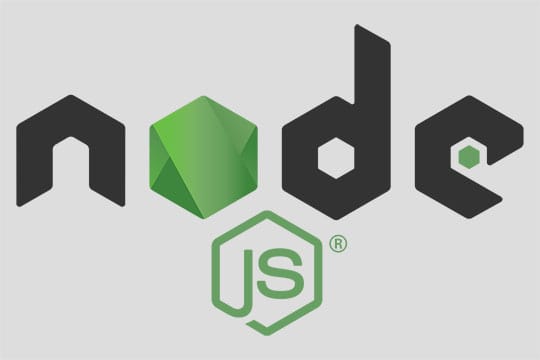It is presently a noted fact that eCommerce is rapidly growing as the most established business industry on the planet. By noticing carefully, it can be said that most of the successful eCommerce sites today are based on Node.js (wiki) in one or the other way. It has been only 8 years since its inception and Node.js has already become a favorite among eCommerce developers.
A Node.js eCommerce site empowers the admin to manage the website front and its database through a unified and structured framework. USPs like smoother front-end UI and admin features like tracking purchase history, stock organization, product delivery management, discount coupon management, and multiple payment methods are seamlessly feasible with the Node.js development framework.
Have you used the Node.js eCommerce development framework on your website? Are you thinking about migrating your existing website to the same? Here is an infographic that will encourage you to do so. We have explained how different businesses have flourished by using Node.js in their touchpoints. Our study strongly recommends Node.js as a futuristic tech for an eCommerce website design and development project. The tech will help the developer to achieve the following goals:
A universally acknowledged framework
Node.js is an advanced form of JavaScript (wiki). It is impossible to find a modern-day website without JavaScript. All sorts of content management systems and Payment gateways to eCommerce marketplaces utilize JavaScript in one or the other form. If you want your project to be universally accepted, Node.js is a seamless option to achieve the same, as it can maintain a higher degree of code universality across the project. Additionally, all major internet browsers and web servers come with inbuilt support for JavaScript.
Recommended for you: Seven Awesome Things You Can Build with Node.js.
A highly scalable eCommerce site

With the framework is universally accepted, there is no shortage of skilled developers who can implement innovative features with their expertise. The rich library and higher affinity to supported scripts make the framework capable of implementing even the complex features. You can always count on updating your features and code with the changing requirements. The asynchronous coding style will let you develop modules to add new features without disturbing the base code.
To get a speedy website
The way eCommerce customers interact with a website or the features they search for them has changed drastically over the past few years. To fulfill the increasing needs and provide more and more sophisticated features, eCommerce developers need to access the back-end and database more frequently. However, doing so makes the application quite slow and results in complicated code structure plus other deployment complexities. That is where JavaScript comes as a lifesaver. Node.js, which is an advanced JS framework, makes it possible to avoid frequent database and back-end access and ensures lesser stress on the webserver. It utilizes JavaScript for both front-end and server-side development. Thus making the application quite faster and easy to deploy.
Every single organization has begun to move their applications to Node.js and others are building their applications MEAN stack right from the scratch itself. So, when are you migrating?
The following infographics give you an in-depth insight into how businesses, developers, & users alike have been considering Node.js to be significant for developing an incredible eCommerce platform.
Why Node.js has been sublime for eCommerce website development & businesses [Infographic]


Infographics source: https://shopygen.com/why-to-use-nodejs-for-ecommerce-website-development/.
This infographic is share by Jessica Bruce. She is a professional blogger, guest writer, Influencer & an eCommerce expert. Currently associated with ShopyGen as a content marketing strategist. Get in touch with her on Twitter.
 This infographic is share by Jessica Bruce. She is a professional blogger, guest writer, Influencer & an eCommerce expert. Currently associated with ShopyGen as a content marketing strategist. Get in touch with her on
This infographic is share by Jessica Bruce. She is a professional blogger, guest writer, Influencer & an eCommerce expert. Currently associated with ShopyGen as a content marketing strategist. Get in touch with her on 




